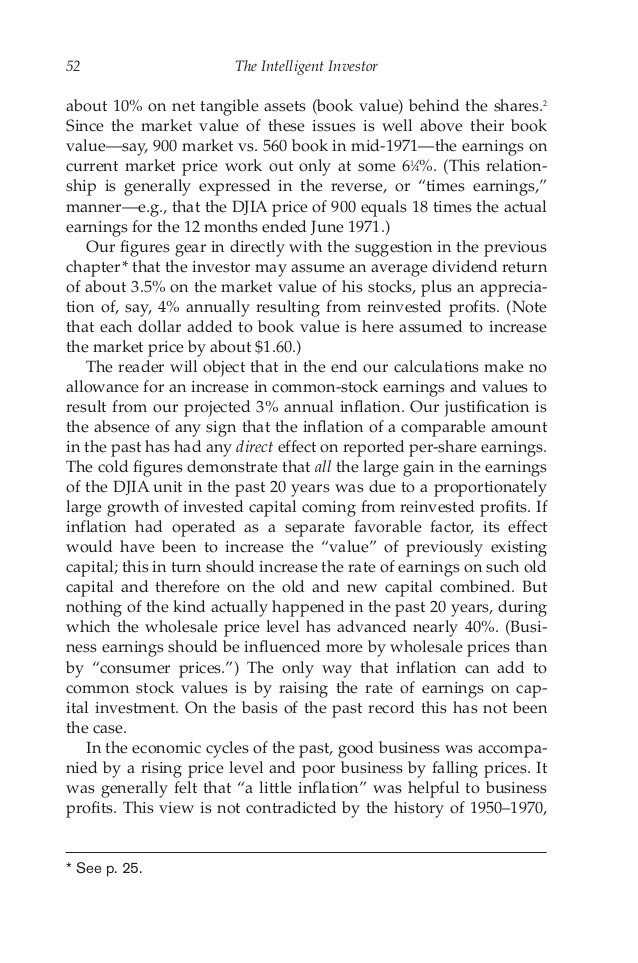3 Tax Issues Every Investor Must Factor in Before They Sell_1
Post on: 16 Август, 2015 No Comment

3 Tax Issues Every Investor Must Factor in Before They Sell
shutterstock
Its easy for investors to find advice on what investments they should buy. But when it comes to selling, many investors find themselves without much guidance, and navigating complex tax laws to make sure you dont make any big mistakes can be intimidating. If you sell without knowing the most important tax provisions governing investments, then you can end up paying unnecessarily high taxes or you can even undo the point of making the sale in the first place.
1. Lower Capital Gains Tax for What You Own More Than a Year
If youre selling an investment that has risen in value, then youll have a profit from the sale. In most cases, that profit gets taxed as a capital gain, and youll include the income on your tax return for the year in which you sell.
learn.dailyfinance.com&callback=DAILYFINANCE.wssInlineCourse&courseId=935,defer:load>); What gets confusing, though, is which tax rate applies to those capital gains. Short-term capital gains get taxed at your ordinary tax rate, based on your overall income. So if youre in the 25 percent tax bracket, then your short-term capital gains will also get taxed at 25 percent.
But long-term capital gains enjoy much lower tax rates. In fact, if youre in the 10 percent or 15 percent tax brackets, youll pay no tax on long-term capital gains. In other cases, maximums of 15 percent apply for those in the 25 percent to 35 percent tax brackets, and theres a 20 percent maximum for those who would otherwise pay 39.6 percent on other income.
The trick for the unwary is this: You have to own your investment longer than one year to qualify for long-term capital gains. Exactly one year doesnt count you have to have an additional day as well. So if youre close, look back at your records.
2. Less Tax on Dividends for Stocks You Own Longer Than 60 Days
Besides capital gains, the other tax break many Americans get is on dividend income. Lower rates of between 0 percent and 20 percent apply to qualified dividends, which include the dividends that most U.S. stocks pay.
To get this lower rate, though, you have to have owned the stock for longer than 60 days during the roughly four-month period surrounding the ex-dividend date, which is the day on which shareholders buying the stock for the first time will not receive that quarters dividend payment. If youre a long-time shareholder, youll always qualify for the lower tax rate, because youll have owned the stock throughout the first 61 days of the period. But if you recently bought the stock, you have to be careful about when you sell it to avoid having your dividend income taxed at a potentially much higher rate.
3. Selling for Losses? Dont Buy Back Too Soon
The end of the year is prime time for tax-loss harvesting, whereby investors sell investments that have lost money to take capital losses as a deduction on their tax returns. Doing so can help you offset capital gains from more successful investments, or you can deduct up to $3,000 in capital losses against other types of income, including wages and salary.
If you really want to sell the investment and not buy it back, then taking the tax loss is as easy as claiming it on your tax return. But if you still like your investment, the trap you have to avoid is selling for the tax loss and then buying the same investment back too quickly. The wash-sale rules say that if you buy the same investment back within 30 days, then you cant take the tax loss. That requires some patience in order to get the tax benefits of losses.
Note, though, that you can often buy a similar investment immediately and not run afoul of the rules. For instance, if you own an index mutual fund that tracks the S&P 500 (^GSPC), then you can switch to a fund that tracks a different index, such as the Russell 2000 (^RUT). Often, those funds will move in similar directions, but selling one and buying the other shouldnt trigger IRS wash-sale scrutiny.
The decision to sell can be a smart one, but its important to understand fully the tax ramifications of selling your investments. In some cases, all it takes is a slight change to your plans to save huge amounts in tax.
Motley Fool contributor Dan Caplinger never met a tax he didnt like not paying. You can follow him on Twitter @DanCaplinger or on Google+. To read about our favorite high-yielding dividend stocks for any investor, check out our free report.














